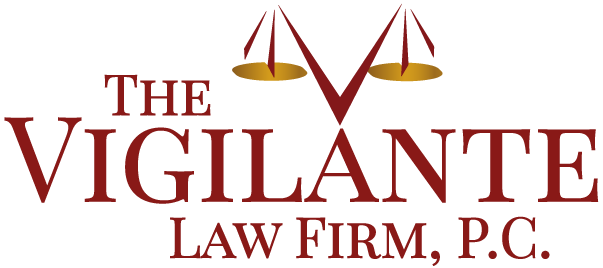Though most people throughout the state of New Jersey work honest jobs for honest employers, there are times where employers or management can act either unethically or downright unlawfully. While you may wish to report such activity to prevent it from continuing, you are most likely hesitant to do so, as you, rather understandably, fear losing your job because of it. Fortunately, there are both federal and state laws in place that protect whistleblowers from retaliation, and our experienced New Jersey whistleblower protection attorneys have extensive experience handling cases on behalf of whistleblowers in Gloucester County and all of New Jersey. If you acted as a whistleblower in New Jersey and you are now facing retaliation or other employment-related issues, you may have a valid claim against your employer. Contact The Vigilante Law Firm, P.C. today to speak with a Gloucester County whistleblower protection lawyer.
Forms of Retaliation Against Whistleblowers
There are various ways in which employers can retaliate against whistleblowers who reported dangerous working conditions, illicit financial acts, and other forms of illegal conduct. Some of the most common forms of retaliation for whistleblowing that our firm sees are as follows:
- Blacklisting
- Demotion
- Disciplinary action
- Denying overtime pay
- Reducing pay or salary
- Wrongful termination
Federal & State Laws Protecting Whistleblowers
Fortunately, there are certain laws in place designed to shield whistleblowers from retaliation. The federal laws that protect whistleblowers include the Sarbanes-Oxley Act and the Whistleblower Protection Act, among others. The Whistleblower Protection Act protects federal employees and applicants for employment who disclose information that they believe proves one of the following:
- A gross waste of funds
- A “substantial and specific” danger to public health or safety
- An abuse of authority
- Gross mismanagement
- The violation of a law, rule, or regulation
The WPA states that federal employees are prohibited from taking, or threatening to take, any retaliatory action against an employee or applicant of employment because of their act of whistleblowing.
That being said, there are also laws in the state of New Jersey that protect whistleblowers from retaliation, such as the Conscientious Employee Protection Act. Essentially, under CEPA, employers may not retaliate against any employee who provides information regarding company or employer violations either before a board hearing or to an investigation committee. The law also prohibits employers from retaliating against an employee who refuses to participate in company policy or actions that violate the law.
Does OSHA Have a Whistleblower Protection Program?
Yes. When companies violate the federal laws set forth by the Occupational Safety and Health Administration, they can be held liable, as violating these laws means that their workplace is unsafe for their employees. For this very reason, those who report unsafe working conditions are protected from retaliation under the Occupational Safety and Health Act.
Contact a New Jersey Whistleblower Protection Lawyer
Whistleblowing is a brave thing to do, and if you chose to report any illegal or unethical behavior on the part of your employer, you may have faced some sort of retaliation. Though you may feel frightened now, understand that just as you stood up for what was right, our firm is here to stand up for you as well. Contact The Vigilante Law Firm, P.C. to schedule your initial consultation with our experienced New Jersey whistleblower protection attorneys today.


